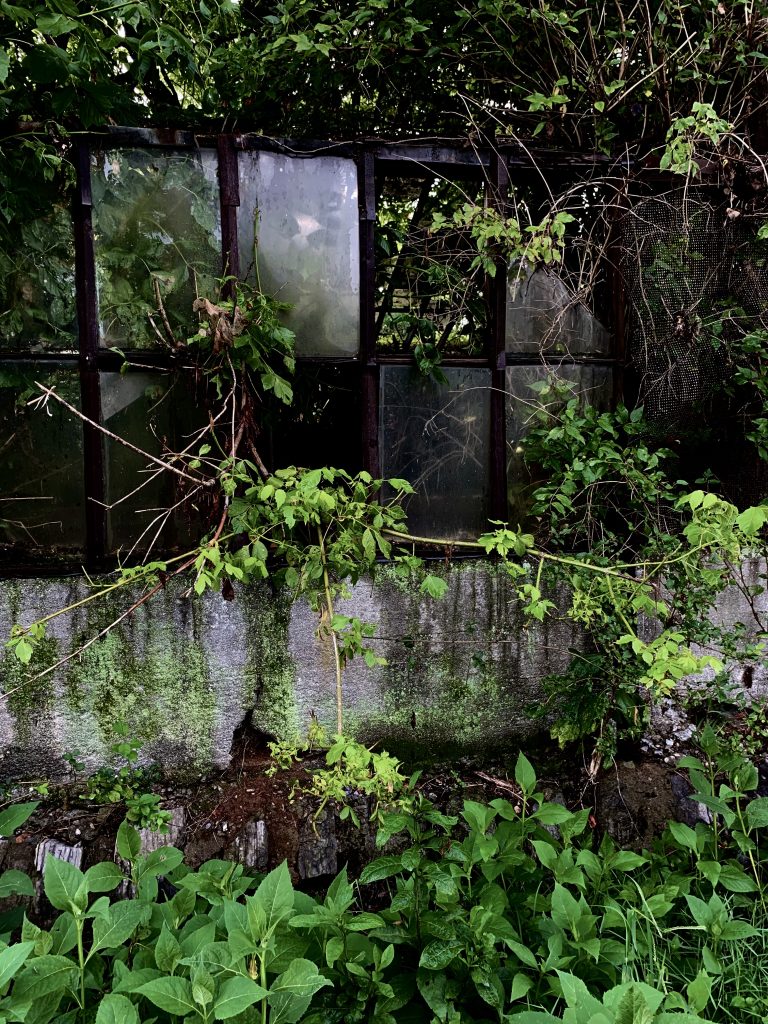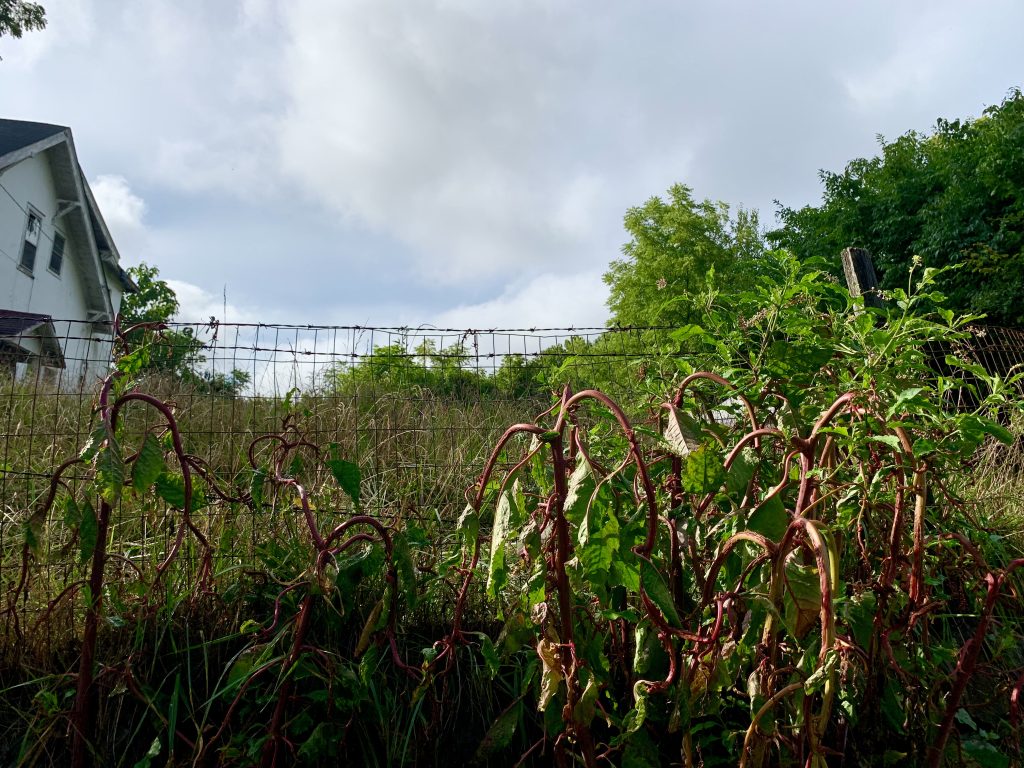I’ve been traveling. From the beginning of the month, in order: Philadelphia; Brooklyn; Lewes, DE; back to Brooklyn; Fairlawn, VA (where I was stranded for an extra 36 hours due to a flat tire;) Lafayette, IN; Chicago; Columbus, OH, where I am now for Psychedemia. I’ll be presenting this afternoon: “Acid Communism and Psychedelic Science in the Age of Digital Capitalism.”
As part of the speaker application process, we had to write a statement explaining our talk’s applicability to the field of Psychedelic Studies. Mine is below.
***
“Acid Communism and Psychedelic Science in the Age of Digital Capitalism” indicates a connection between empirical psychedelic science and critical/theoretical approaches to contemporary culture and political economy. I’m not advancing knowledge on psychedelics qua psychedelics. Instead, I’m staking out a space for psychedelic science in the burgeoning literature on digital capitalism and digital culture.
I’m also not arguing that psychedelic encounters are inherently political. Nor am I stating that they predispose individuals towards particular world-views, political or otherwise. As I apply the Fisherian “acid” to experiences actually induced by psychedelic substances, I suggest that there is use in politicizing such experiences post-facto. This explicit politicization gives traction to certain critiques of digital capitalism — i.e., those which claim that the mental effects of digital technology serve economic purposes. These critiques generally do not identify positive alternatives or confounds to the effects they consider. Thus my work may be considered a supplement to this particular body of scholarship and would indeed be appropriate in the context of Political Theory and Cultural Studies.
It contributes to Psychedelic Studies insofar as it establishes a link between the field’s “hard” dimensions and political issues that appear to be unrelated. Digital capitalism is not immediately connected with some of the most serious political problems of psychedelic research, e.g., those germane to decriminalization, the racist war on drugs, patenting, regulation/oversight of clinical use, indigenous appropriation, and so forth. Nevertheless, psychedelic science can be deployed towards a necessary intervention here.
My methods are not novel — they come from critical theory and critical STS — but the application may inspire further research from those interested in extrapolating from rather than inquiring into psychedelic phenomenology. I think that both approaches — which I might characterize as “looking out from” vs. “looking into” psychedelic experience — belong in Psychedelic Studies.
***
And here are some photos from an abandoned house in Virginia. (Wish I had a better camera — this is just from my iPhone 7).



